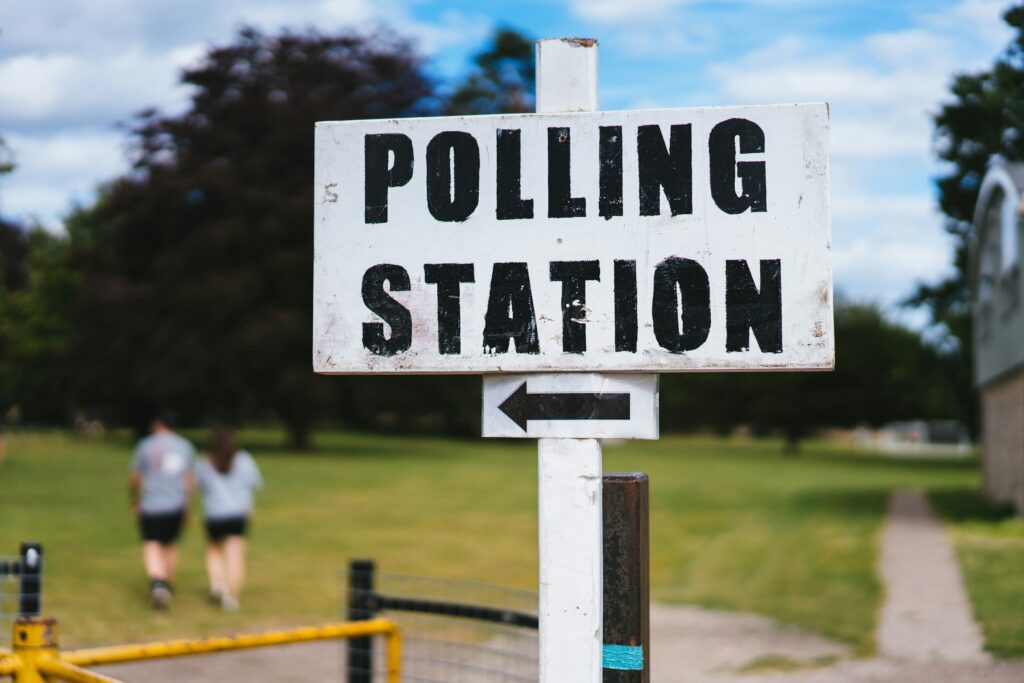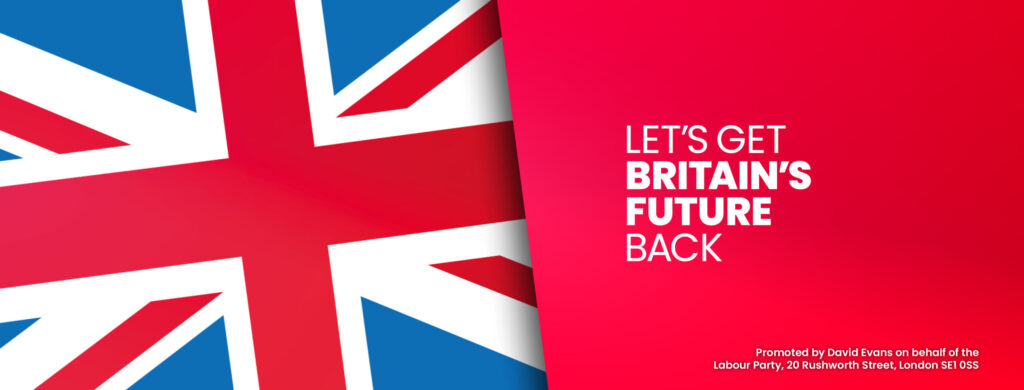This is an archived copy of an article I originally wrote for Uber Politics in June 2011. It is presented as originally written.
Disclaimer: At the time of writing this article I was a current member of the Labour Party, and occasionally voiced my opinions on what they were doing. I’m no expert, I simply say it as it I see it.
Yesterday evening, it was announced that Ed Miliband is seeking a change in the rules of the Labour party. Namely, he is seeking the power to select the shadow cabinet independently.
Currently, Labour has a fairly straightforward system in place for the election of their Shadow Cabinet (I’ve simplified this slightly):
- Labour MPs put themselves forward;
- Labour MPs are then able to vote for them;
- The 19 MPs with the most votes, are then allocated a role by the party leader.
According the the BBC, these front-bench elections have been held when Labour have been in opposition, for over 50 years.
I don’t personally see this as being a smart move. Don’t get me wrong, it’s not the threat to party tradition that has me worried here, it’s the fact that changing the selection process for the shadow cabinet would effectively leave all of the decision making to one person – and if life has taught me anything, that’s a bad idea.
Whilst I’m more than certain that Ed Milibands intentions are harmless (he’s hardly Britain’s foremost evil genius), and they’re likely just an innocent attempt to do the best for the party – it’s not the democracy that this country seems to value so much.
Whilst inevitably, a large number of the population support the governments policies, there’s a portion that don’t. That portion need the opposition to effectively support, or counter, government policies and hold them to account. However, if a front-bench has been hand-picked by one person, how can we be sure that they’re acting in the nations best interests, rather than their leaders?
Admittedly, no front bench will ever effectively represent the views of every single person who didn’t vote for the coalition, but at least with an elected group, they should (in theory) represent the constituency needs of the voting MPs.
As I said above, I’m no expert, and I could well be wrong. If you think so, let me know!



